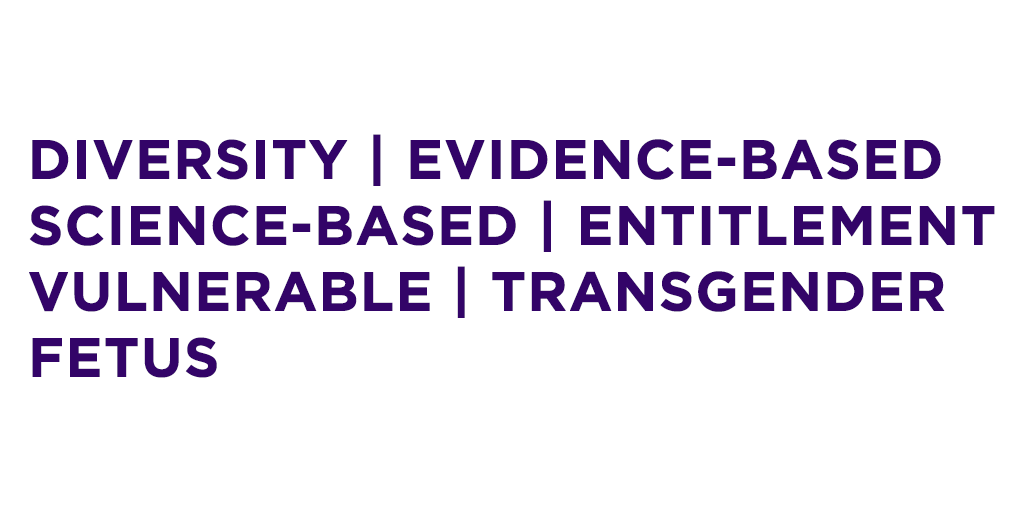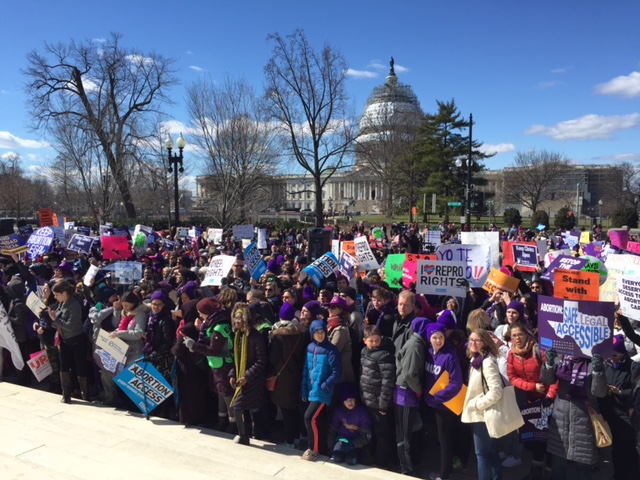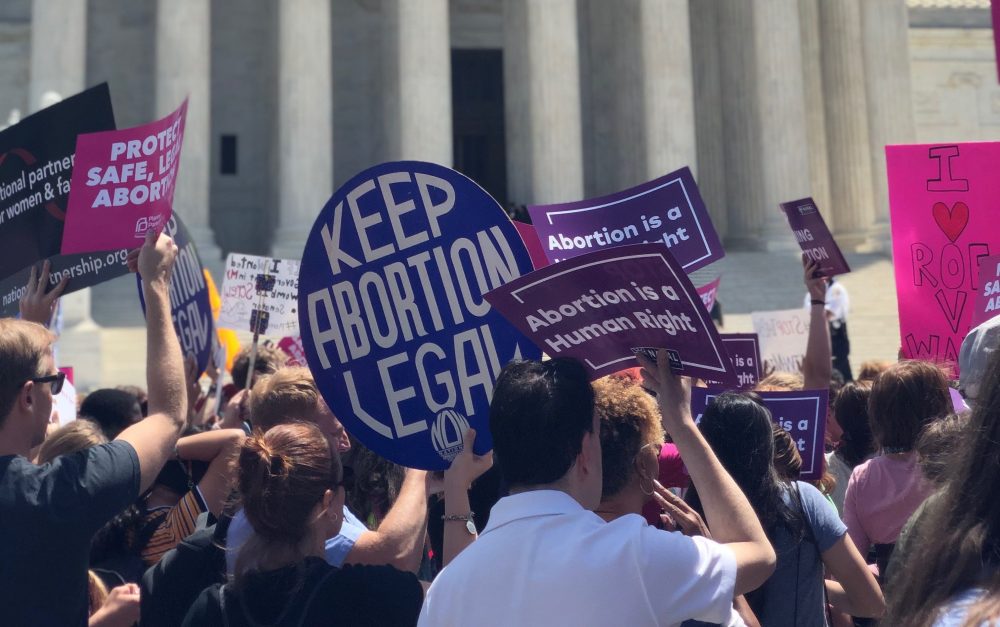Abortion rights, women of color, and LGBTQIA+ people are under attack. Pledge to join us in fighting for gender justice.
Abortion Providers Face Discrimination From Their Employers Too

 Last week, the Oklahoma Supreme Court struck down a law that required abortion providers to have admitting privileges at a nearby hospital, finding that the law placed an unconstitutional “undue burden on a woman’s access to abortion.” The decision highlights a persistent problem: A person’s ability to obtain an abortion is tightly interwoven with the ability of abortion providers to work.
Last week, the Oklahoma Supreme Court struck down a law that required abortion providers to have admitting privileges at a nearby hospital, finding that the law placed an unconstitutional “undue burden on a woman’s access to abortion.” The decision highlights a persistent problem: A person’s ability to obtain an abortion is tightly interwoven with the ability of abortion providers to work.
After the Supreme Court’s decision this past summer in Whole Woman’s Health v. Hellerstedt, many hope that courts will continue to invalidate medically unnecessary laws that restrict abortion in the name of “women’s health.” But admitting privilege laws expose even broader burdens beyond that of complying with medically unnecessary provider facility requirements. Admitting privilege laws also expand the ways that health care institutions can discriminate against abortion providers: Hospitals that do not support abortion care can try to shut down providers who are not their employees and clinics with which they are not affiliated simply by denying privileges.
Even more insidiously, employment discrimination operates in many instances to prevent or deter health care professionals from providing abortions in the first place. I have recently spoken with several physicians who want to work part-time at abortion-providing clinics, but have been told by their primary employer (usually hospitals or private group practices), either officially or unofficially, that they cannot provide abortions at an outside facility without risking their job. I have also spoken with a number of physicians working in various health care settings who had, or knew of colleagues who had, employment offers rescinded after the would-be employer found out about the physician’s prior or ongoing participation in abortion services.
These kinds of discrimination occur all over the country despite certain federal and state laws that protect health care entities from discriminating against health care providers because of their willingness to perform an abortion. Many health care professionals who would love to fill a need in their communities for abortion care are left silenced and unable to provide abortion at all.
The National Women’s Law Center and many of our partner organizations that represent abortion providers are working to end this kind of discrimination. No one should face a penalty for providing medically necessary care to women in need.




